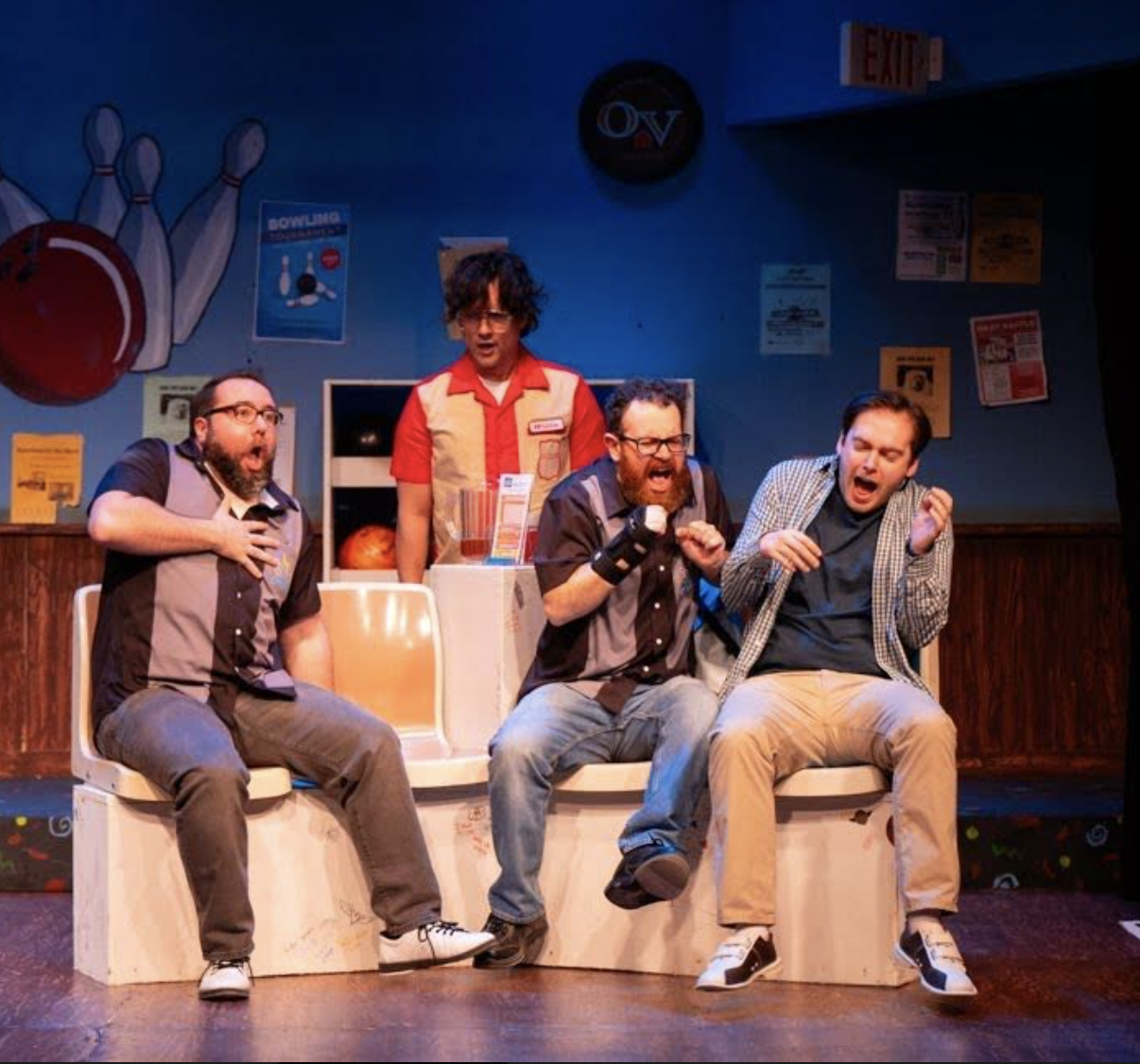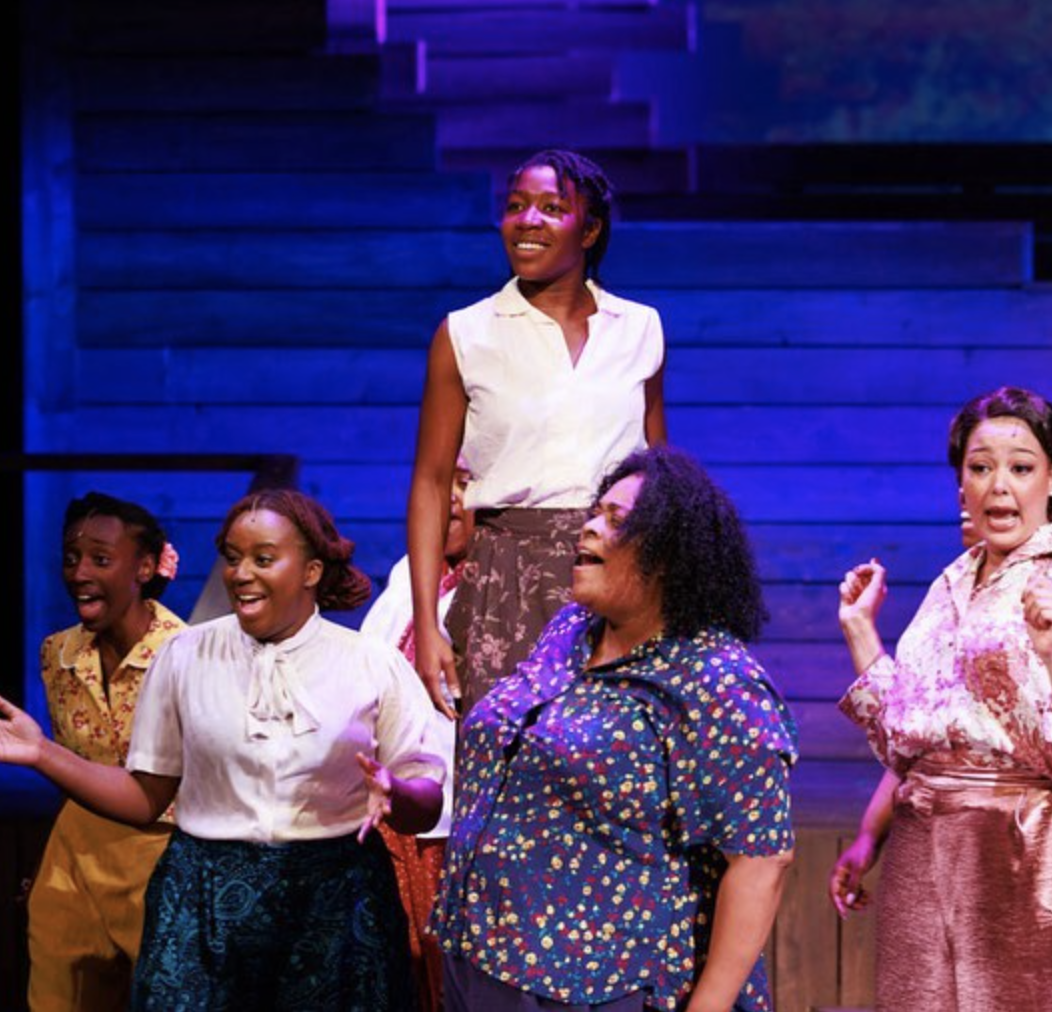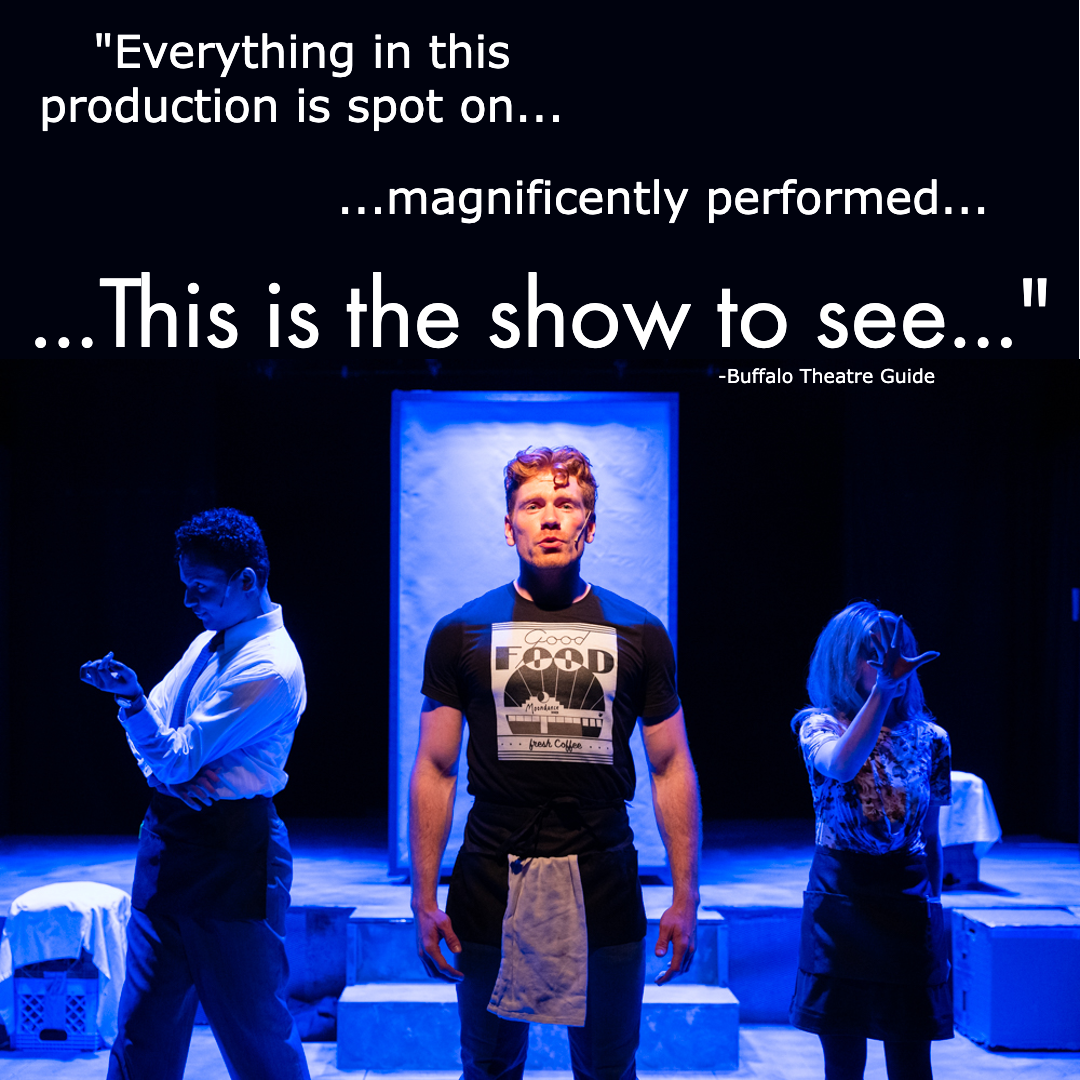
by Second Generation Theatre | Feb 23, 2024 | Past Productions, Uncategorized
the bowling play A world premiere comedy by Kelly Copps SGT’s second show of the season is a world premiere comedy developed in our free reading series! Pete is attractive, single, and on a blind date… in a bowling alley. Will his misfit bowling team come between him...

by Second Generation Theatre | Sep 3, 2023 | Past Productions
THE COLOR PURPLE Based on the novel by Alice Walker The Color Purple is a musical adaptation of Alice Walker’s Pulitzer Prize-winning novel spotlights Celie, a downtrodden young woman whose personal awakening over the course of 40 years forms the arc of this epic...

by Second Generation Theatre | May 22, 2023 | News, Press
MAY 21, 2023 / CHERIEMESSORE We’ve all been there. We’re facing a landmark birthday and our BFF is on a new path and our significant other has expectations and we’re staring down a crossroads riddled with self-doubt, anticipation, enthusiasm, and fear. What...

by Second Generation Theatre | May 6, 2023 | Past Productions
Tick, tick…boom! By Jonathan Larson Jon is a promising composer living in NYC… but he’s almost 30 and what has he done? A fast-paced musical about being true to yourself and what “success” really means from the composer of RENT. Performance Dates may 19- june 4,...

by Second Generation Theatre | Mar 6, 2023 | Past Productions, Uncategorized
every brilliant thing By Duncan MacMillan with Jonny Donahoe This one-man show is a beautiful and unique experience. The Narrator (Kevin Craig, AEA) takes the audience through his life and his on-going list of “every brilliant thing” there is to live for. A hilarious...






